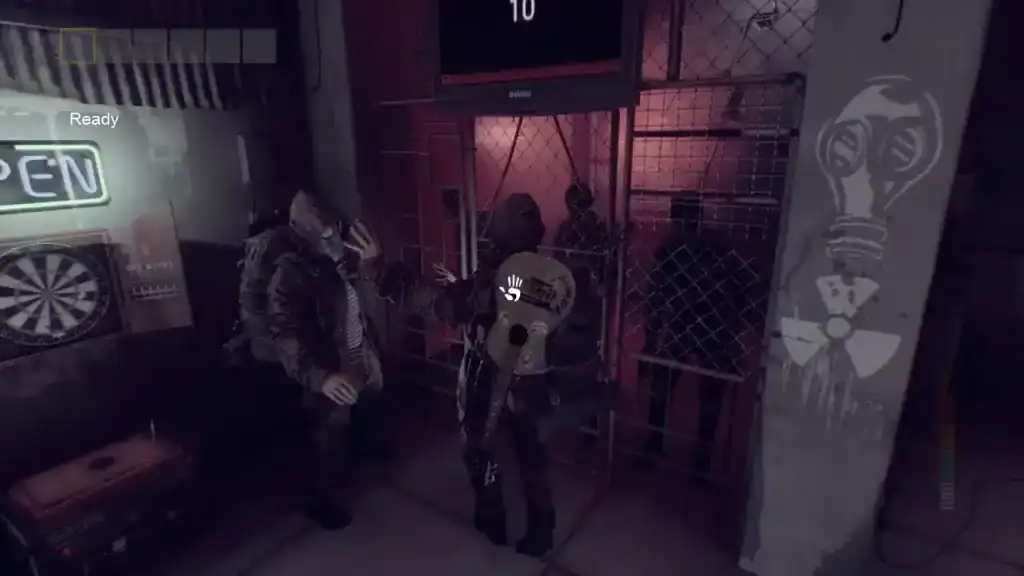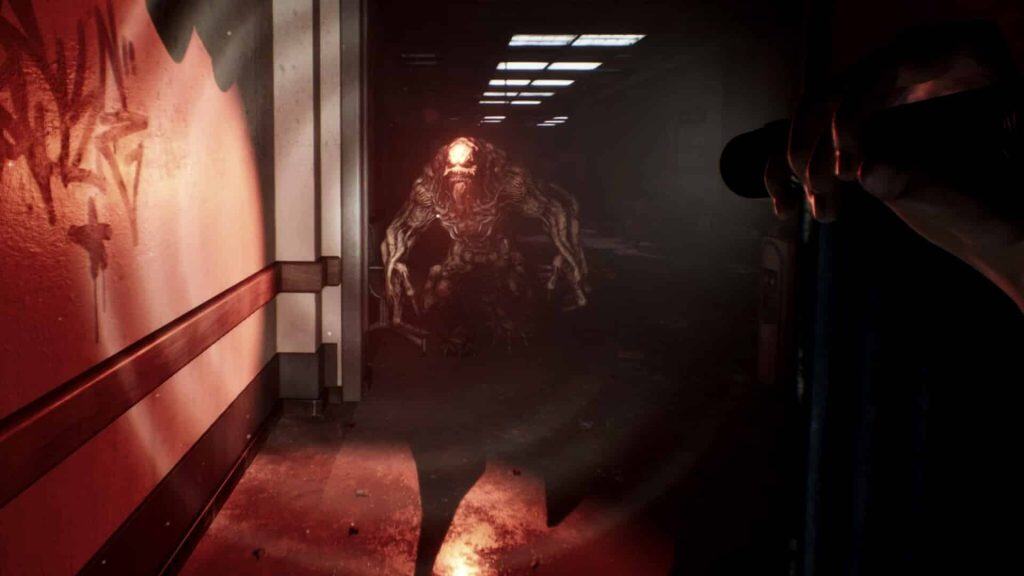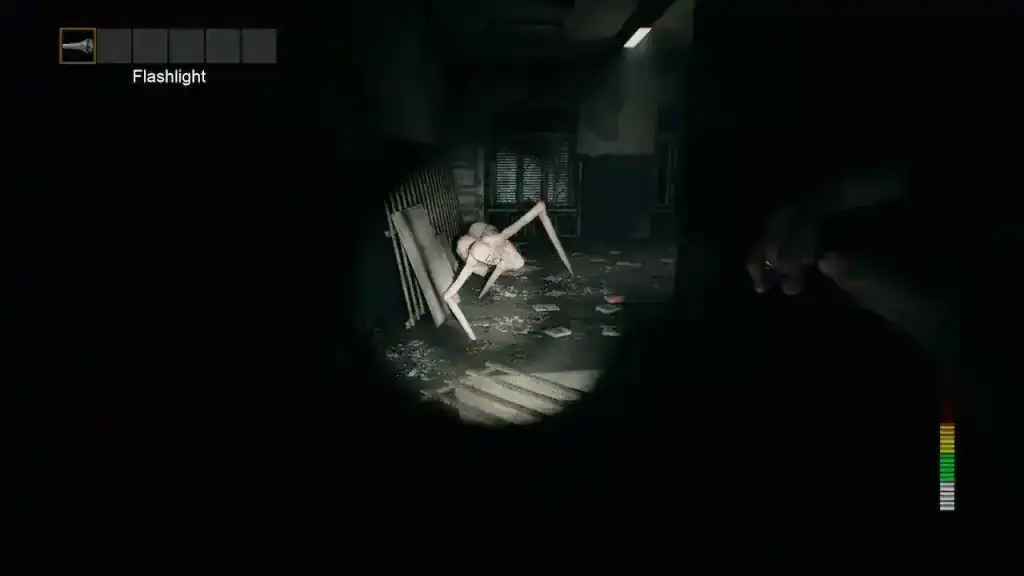Panicore, the latest from ZTEK Studio, has already established itself within the survival horror niche by meshing retro co-op frights with cutting-edge AI and voice-driven terror. Having launched on May 31, 2024, Panicore challenges up to five players (four in its demo) to navigate poorly lit, abandoned areas, scavenge for supplies, and escape from merciless AI creatures that not only track your footsteps but actually “hear” your voice through in-game proximity chat.
Praised for its permadeath stakes, stealth-focused gameplay, and infectious group synergy, Panicore has attained “Mostly Positive” recent reviews on Steam (76% positive over the past 30 days) and a “Very Positive” overall rating (80% positive). With a very affordable price point (currently $4.99), a free demo, and frequent community updates, Panicore is poised to change how we play (and terrify) together.
A New Era of Horror Co-op

In a genre replete with emergent success stories such as Phasmophobia and Lethal Company, Panicore distinguishes itself with the clever use of AI that reacts to voice communication, rendering casual conversation potential death sentences.
As urban adventurers trapped in a dilapidated complex, players must collaborate to scrounge up materials, craft escape tools, and remain silent, as the monsters in the game can triangulate the source of any interruption of radio silence.
Stealth, Permadeath, and AI Threats
The gameplay loop in Panicore revolves around exploration, resource gathering, and crafting, classic survival horror staples that adopt an additional level of urgency in a permadeath scenario. In contrast to some PvE games where failure is just a respawn, Panicore’s permadeath involves permanent player death for that round (unless you have a friend to get you up with a medpak, but even those are limited), making each decision all the more tense.
Proximity-Based Audio AI

The headline feature is the monster’s ability to “hear” players. Speak too loudly, and the AI will home in on your position, whether you’re using whispering tactics or screaming in panic. This encourages heightened tension and strategic silence, and players quickly learn (probably the hard way) that sometimes the best weapon is a whispered plan.
Co-op for Up to Five Players
While the demo maxes out at four, the full game supports five survivors working together. This flexibility scales the horror: smaller groups can maintain closer contact, but larger groups must balance banter with awareness.
Unique Audio Threat: Voice Chat as Horror Catalyst

By natively integrating voice proximity into AI behavior, Panicore turns players’ voices against them. This mechanic is reminiscent of social deduction games but in a PvE horror setting, creating emergent scenarios in which muted teammates stealth by threat while a lone collaborator whispers instructions down anxious hallways.
Co-op Dynamics and Community Reception
From Steam spring sale announcements to Reddit communities, Panicore’s community is influencing its development directly. On r/GameGeeks, players praise its low barrier to entry and co-op thrills at a price of under $5, “you don’t have much to lose by trying it.”.
In the meantime, r/HorrorGameVideos members praise the demo’s replay value and suspense, even as some find the goals confusing at first, part of the high learning curve that makes escape all the more satisfying.
Comparison to Genre Leaders

While Phasmophobia focuses on paranormal investigation and Lethal Company on resource management amid alien threats, Panicore’s AI is driven by real-time dynamic audio prompts. That makes it a direct contender in the psychological horror co-op space, offering fresh tension through its out-of-the-box mechanics.
And let’s be honest, there’s a lot and always going to be many horror games out there. Of course, that’s not a bad thing at all, but sometimes it’s nice to have a breath of… abandoned, then taken over by a very hostile monster hospital air. Maybe not the best terminology, but you get the point.
Future Prospects: Updates and Expansion

ZTEK Studio has a track record of post-launch support for their games: their previous title, The Devourer: Hunted Souls, earned a “Very Positive” Steam rating through ongoing patching and community interaction. Future updates can be anticipated to include new maps, monster types, and refined voice-AI integrations.
Final Thoughts
Panicore places horror co-op at its center through the use of voice-based AI, permadeath stakes, and budget-friendly pricing to craft an experience that’s equally as scary as it is cooperative. Whether silently scavenging for supplies or frantically whispering escape plans, Panicore demonstrates that sometimes the most terrifying enemy isn’t the one you see, but the ones that you hear.
For those gamers looking for a low-budget, high-strain co-op horror game, Panicore is definitely a title worth playing!
More must-reads:
- Surprising update emerges about Jayson Tatum's recovery
- Brewers star's injury worse than initially thought
- The '250-strikeout MLB seasons' quiz
Breaking News
Trending News
Customize Your Newsletter
 +
+
Get the latest news and rumors, customized to your favorite sports and teams. Emailed daily. Always free!








